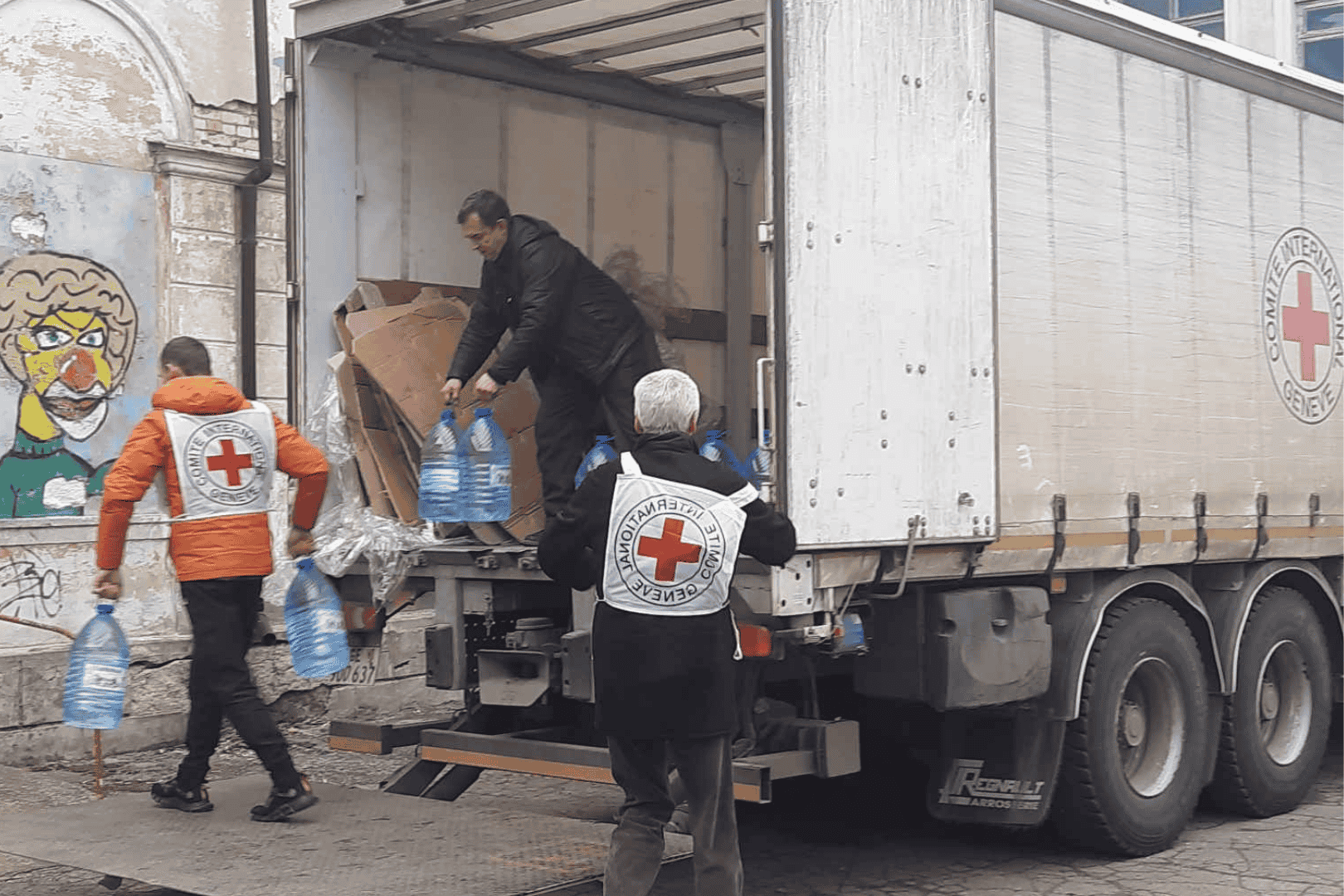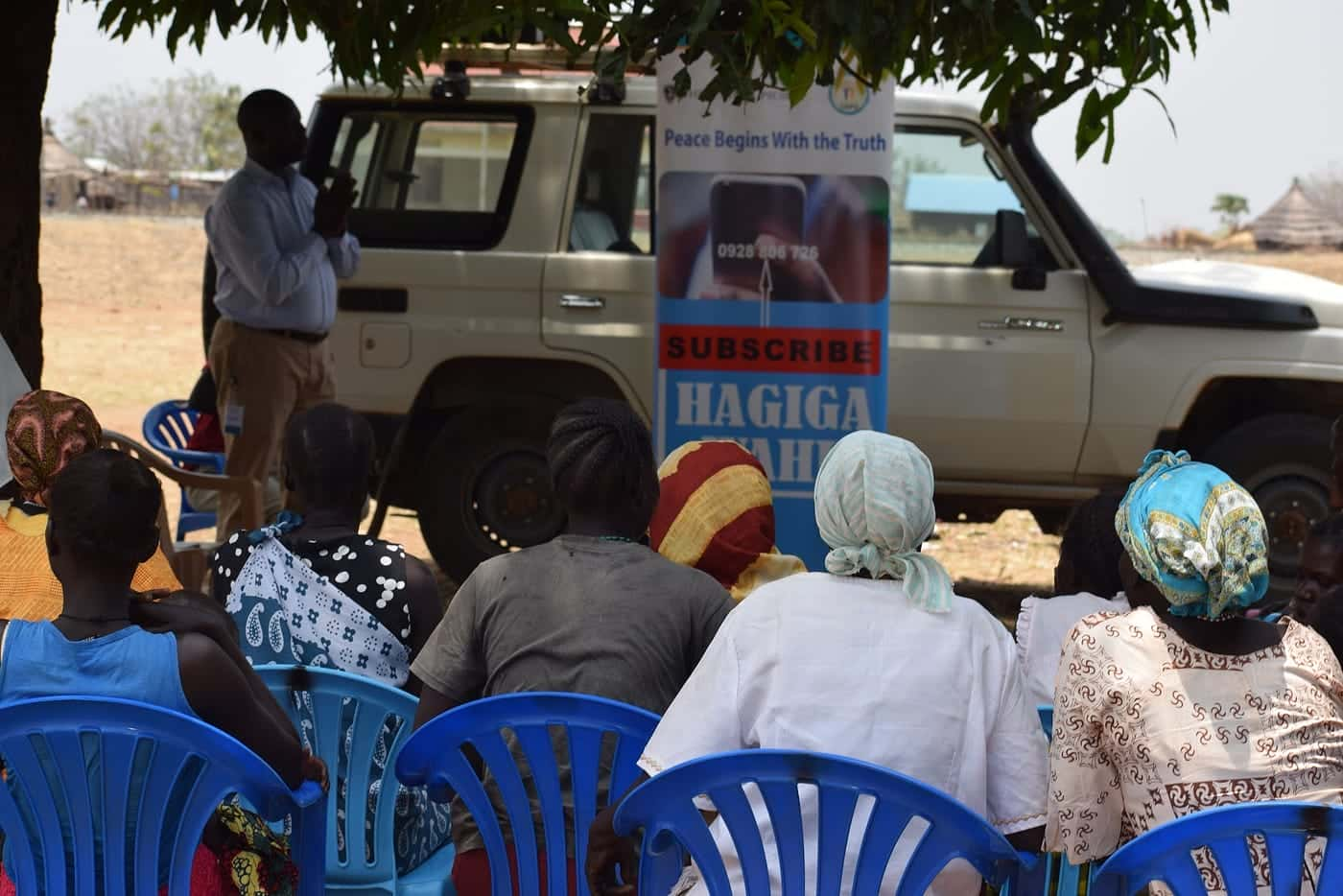The challenges of delivering medical care in humanitarian crises have long been recognized, with doctors and nurses facing daunting conditions and limited resources.

Significant advancements in medical care are proving pivotal, particularly in conflict zones like the ongoing situations in Ukraine and the Israel-Hamas conflict
Medical professionals operating in these challenging environments have historically encountered difficulties in communication and expertise exchange due to limited technology. However, recent innovations are reshaping the landscape. According to experts, advancements in medical care from technological breakthroughs, including portable laboratories, to organizational changes ensure comprehensive health care for civilians alongside surgical interventions.
Dr. Tom Weiser, a clinical professor at Stanford University School of Medicine, emphasized the transformative role of social media and connectivity. The ability to seek advice and share experiences remotely has become a major asset for doctors navigating unfamiliar conditions in conflict zones. These advancements in medical care is significant, especially when medical professionals find themselves operating beyond their normal scope of practice.
One notable innovation making a difference is the “Mini-Lab,” developed by Doctors Without Borders (Médecins Sans Frontières or MSF). This transportable clinical laboratory is designed to be easily set up and is cost-effective, filling the gap in areas lacking traditional laboratories. Dr. Amber Alayyan, MSF’s deputy program manager for Palestine, highlighted the Mini-Lab’s impact, particularly in conflict zones with severe injuries and compromised hygiene. The ability to quickly identify diseases and infections facilitates timely and effective treatment.
In the realm of surgical care, a shift in perspective has occurred regarding limb salvage
While efforts are made to save limbs, medical professionals now recognize that amputation may be more beneficial in cases of extensive damage, preventing unnecessary and ineffective reconstruction attempts. Beyond surgical interventions, there is a growing emphasis on providing basic primary care during conflicts. This includes vaccinations, disease control, and maintaining basic hygiene to prevent epidemic levels of diseases. The term “lifesaving care” now encompasses not only surgical procedures but also addressing fundamental health needs.
The evolving approach is evident in recent conflicts where the focus extends beyond immediate surgical needs to include primary care and the management of chronic diseases. Dr. Alayyan stressed the importance of safeguarding healthcare providers in conflict zones to ensure access to the affected population. In situations like Gaza, where safe zones are scarce, the challenge intensifies.
In conclusion, these advancements in medical care are transforming humanitarian crisis response, offering new tools, connectivity, and strategies to improve outcomes for those in need.
READ ALSO: Kate Cox’s Heartbreaking Abortion Battle Takes Center Stage Amidst Texas Legal Turmoil




